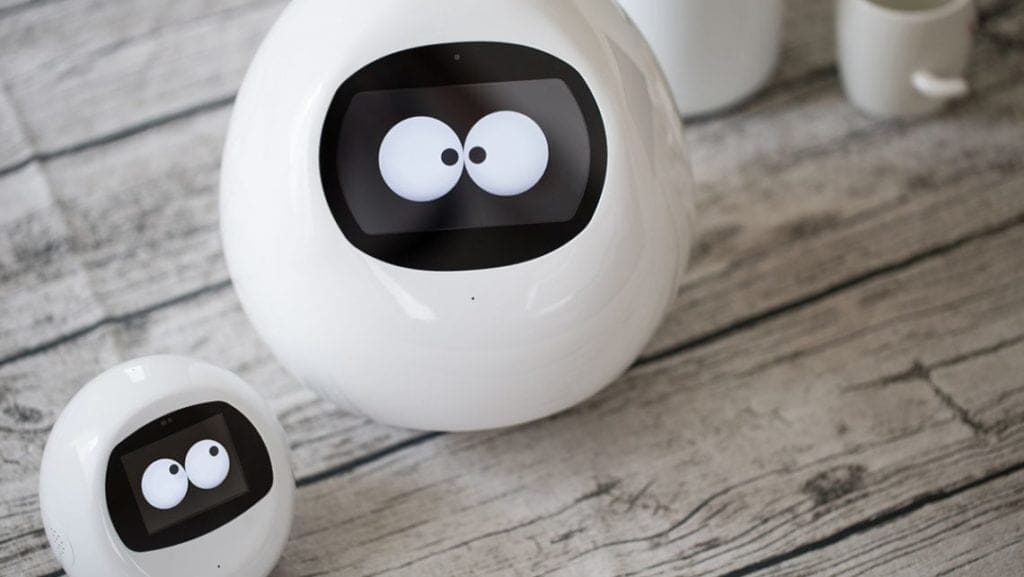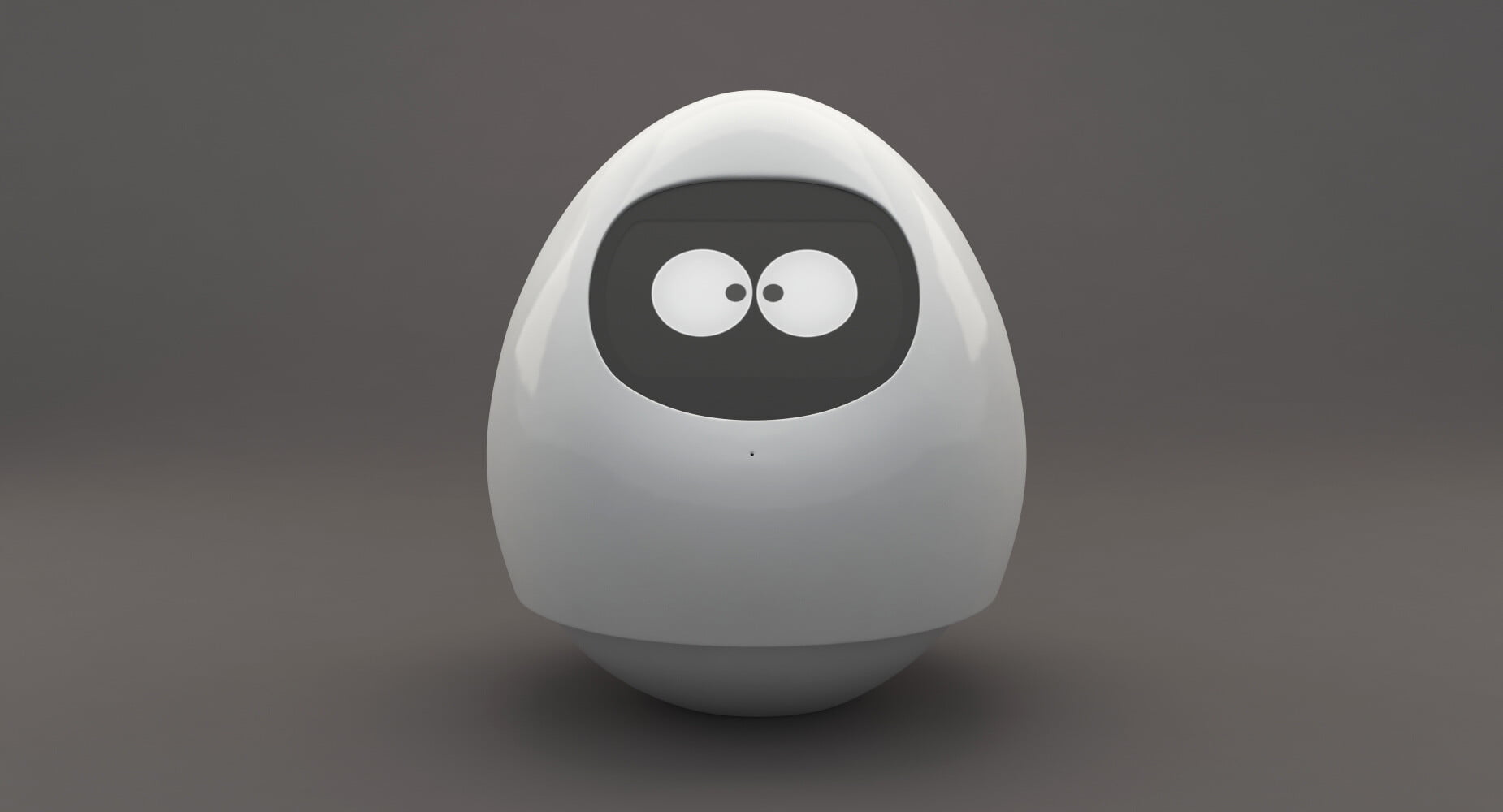Let's face it, it's the nightmare of paranoid children and adults alike to find themselves in a hotel, relaxed and in the ease of their privacy (I liked it, I got around it really well), then discovering that they are being watched by some unknown voyeur.
Even the conspiracy theorists guess it, however. It really happened. Japanese hotel chain HIS Group apologized to customers for ignoring possible signs that its robots in rooms had been hacked, allowing strangers to remotely spy on guests' activities.
Henn na Hotel is basically run by robots, kind of like the futuristic Alibaba hotel in China. Guests are greeted by androids with humanoid or dinosaur shapes before proceeding to their rooms.
Once in the doorway, the facial recognition technology will give the green light, and satisfied customers will enter the room, greeted cheerfully by another assistant robot.
Sorry, could we at least turn this thing around before…? – What are you saying, what are these thoughts? It's just a piece of tin! Come here, let's copulate without hesitation, away from prying eyes!
Something went wrong with the robots
A few weeks ago an IT security expert revealed on Twitter that he had already warned the HIS Group leaders in July about the risk that the robots in the Japanese hotel rooms could be easily hacked. With a little practice it would have been possible to connect them to the network and remotely use the camera and microphone supplied with the devices.
The company's silence made the researcher suspicious, who last week decided to make the robots' vulnerability public.
Henn Na Hotel is one of 10 Japanese hotels that uses robots to replace all or part of the internal staff.
The "defect" has currently only been found in the robots of one model, the Tapia (you can see it in the photo: it seemed harmless), it is not clear whether the problem is also found in other accommodation facilities.

Meanwhile, explains the Tokyo Reporter, HIS Group has finally revealed itself with a classic tweet full of graceful Japanese formalism: “We apologize for any inconvenience caused”.
The newspaper reported that the company considered the risks to be low overall and had therefore not taken any action.


